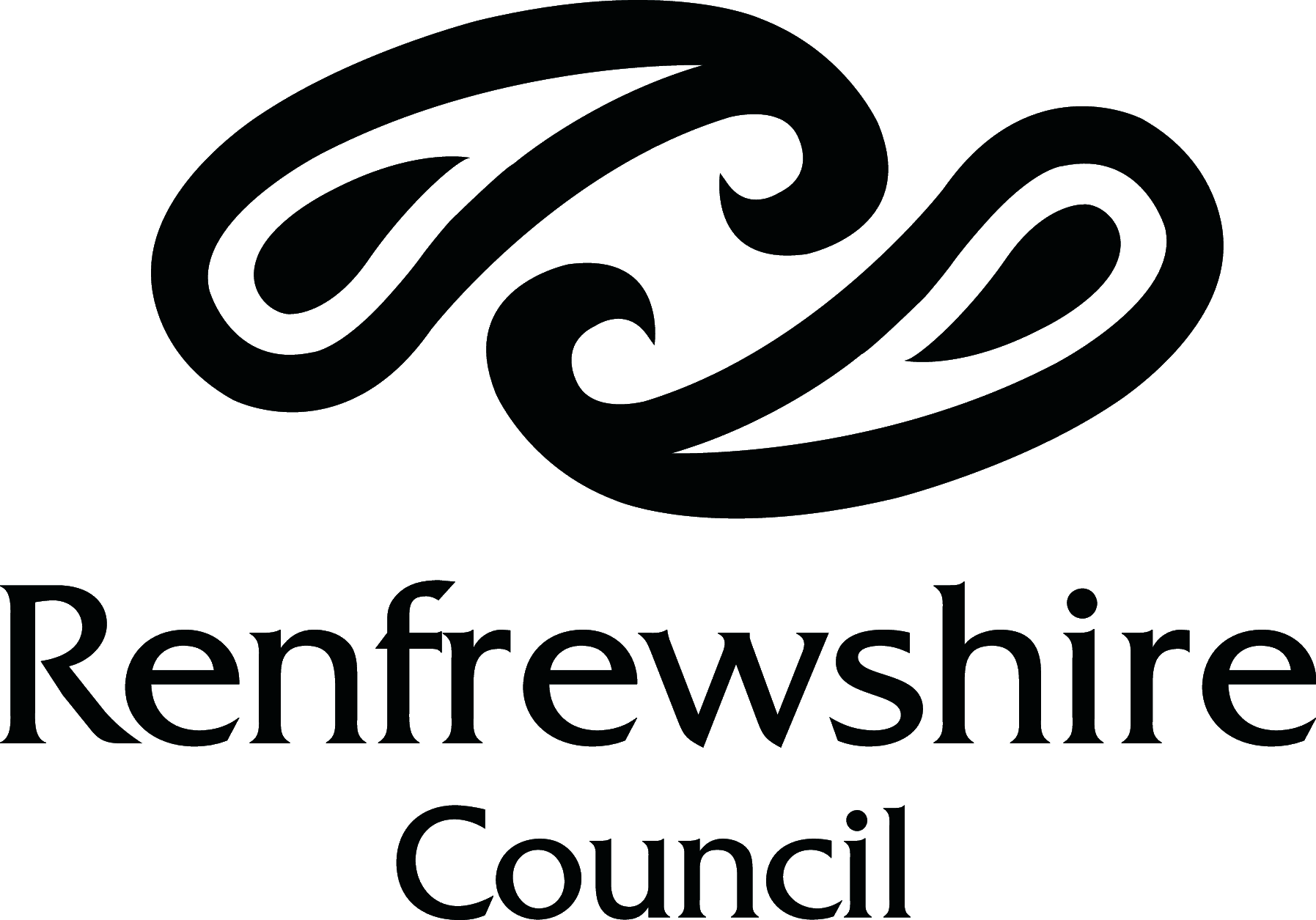Masculinity Isn’t Singular, There Are Masculinities
 12 Mar 2021
12 Mar 2021
By Natalie Jayne Clark
Kirstin Innes (author of Scabby Queen) interviewed authors Douglas Stuart, Andrew O’Hagan and Graeme Armstrong for this event discussing Scottish masculinities. As she pointed out, their novels, which each explore the conformity and nonconformity of men, are all set within a 50-mile radius of one another, albeit portraying different time periods. They discussed the wider issues of masculinity, literature, and the specific pressures and joys of the West Coast of Scotland.
Times change and so do expectations. There was a consensus between the authors that each generation has been more liberal than the previous and the effect of fathers on masculinity is a strong one – in living memory we have men who lived through the damages of war and the Thatcherism years. Each generation has its own traumas which affect behaviours. The methods of escape and expressions have evolved, however. The spaces to talk and be open and honest for men have expanded significantly, but they are still not being taken up enough. Graeme stated that ‘we know if we don’t support men they take their own lives and the lives of others’.
I have seen the dramatic shift in the discourse and representation of femininities and masculinities. To express yourself, you now have so many more ways to do so: there are millions of models and inspirations for methods of expression online at our fingertips, and the ability to make connections with like-minded people. The magnitude we have now would be mind-blowing to someone struggling with their identity even a decade ago, let alone in the eighties.
It was so that men could only wear makeup or dresses if they were wearing it as a jokey costume. Now, there are entire YouTube channels of male beauty gurus, male TikTokkers wearing dresses and skirts as part of their everyday wardrobe – I haven’t seen much in real life though. I have had an epiphany during lockdown and have decided that I shouldn’t care about being too over the top with my ensembles, life is too short to worry about what other people think, and I hope more men have had similar epiphanies regarding their style.
And the tensions between style and masculinities were mentioned during this event. As Andrew O'Hagan put it: ‘my father’s idea of a beauty product was a metal comb’ and now there is so much variety and acceptance out there. It’s not just how men express themselves through their outward appearances that have changed, but the way men talk about their feelings and fears and how they interact with other men.
In terms of physical spaces, Andrew stated that the significance of clubs in this movement cannot be understated – ‘after 1988 men started dancing on their own with their mates’ – rather than just women in a circle waiting to be picked out by one of them. You were no longer restricted to just showing interest and affection with the opposite gender.
Each of the author’s characters are struggling with how they are told they should be and who they are and want to be. Each one has at least one defining moment where they choose a different path – like choosing non-violence over violence. These characters are defined by their time and place. Each one is stuck in their ‘goldfish bowl’. How do you break free of your reputation in a small place? When your role models are dealing with their own traumas, are also few and homogenous, how do you redefine yourself outside of that?
Before the online spaces, there was literature as a way to access different ways of being and thinking and it still has a powerful place in challenging societal norms. In particular, literature that represents your specific time and place is key in reflecting and examining assumptions about your own life and of those you grew up with. The authors talked of the ‘special joy’ you have when you read books that describe your area and can read something written with your dialect. They agreed that we need to be careful about how we speak about writing that uses a specific dialect and is rooted in local culture and should not be deemed as less than – ‘our culture has a right to exist’.
There is a grandeur to these places, and the whole of human life exists here. It may not be Paris, but still ‘regret, triumph, love, death’ bubble, rise and fall in the suburban housing estates and city spaces alike.
There is no one way to live, no one way to be a boy or man, to be masculine. Embrace the spaces to express and share and listen.
Scottish Masculinities with Douglas Stuart, Andrew O'Hagan and Graeme Armstrong is still available to view until 26th March via this link





